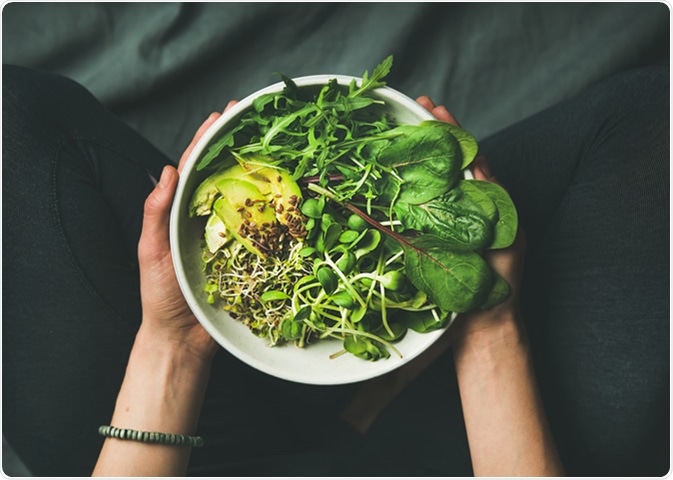A growing number of people are avoiding meat in their diets due to several factors, including health and environmental considerations.
Meat, eggs, and dairy are among the animal items that are excluded from vegan diets. A special set of dietary and health considerations are exclusive to a vegan diet. Younger individuals, particularly women, and the vegan diet are particularly well-liked. The percentage of vegans in the US rose from 1.4% in 2006 to 3.4% in 2015.
The main tenet of veganism is to abstain from eating animal products due to benefits to our health, ethical considerations regarding how farm animals are treated, and environmental considerations.
Although veganism mostly consists of plant-based diets, there are various options available to vegans.The most extreme are those who consume so-called “alive food,” which is vegan food like seeds, veggies, and nuts that has not been cooked.
Researching the effects of veganism on health can be problematic due to the wide range of possible changes in what it means to be a vegan.
Health and environmental implications have been the main topics of research on the effects of vegan diets.
According to health studies, eating a vegan diet is linked to a variety of health advantages, including being leaner, having lower cholesterol and blood pressure. Food consumption and gut microbiota regulation are the main causes of this. Long-term studies proving the diet’s true efficacy and isolating its effects from those of other factors are missing, nevertheless.Similarly, it can be challenging to assign a validated correct value to the environmental burden of meat-eating.
Several international collaborations have shown that food can be a massive emitter of greenhouse gases through production, transport, storage, cooking, and waste.
Reasons include inefficient use of land, both in terms of grazing animals and in the food used to feed livestock and methane released by livestock.
Because a lot of commonly consumed nutrients from meat and dairy are omitted from a vegan diet, there are some dietary recommendations for vegans that are generally made. These can be in the form of natural sources, fortified foods, or through pill supplements.
Among vitamins, B-12 and D are advised to be supplemented. Foods can be fortified with B-12 to allow vegans to consume B-12 as part of their regular diet, in foods such as fortified soy beverages and nutritional yeast. Vitamin B-12 can also naturally be found in some breakfast cereals. Vitamin D can be found in drinks such as orange juice.
Other essential nutrients that usually need to be supplemented in a vegan diet are calcium and zinc. While calcium is common in many staple vegan foods such as leafy green vegetables and tofu, it usually needs to be complemented with calcium-fortified foods such as fruit juices.
Zinc is also common in many vegan staples, such as grains and legumes, but vegans should be careful to consume enough of these to balance out the high phytate content of a classic vegan diet.






